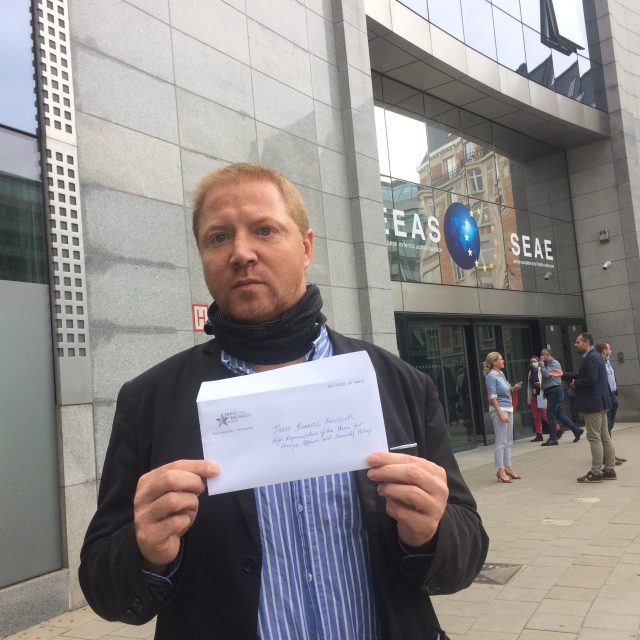Photo by Adi Goldstein on Unsplash
On 10 January, Slovak Prime Minister Robert Fico suggested that the recent cyberattack on Slovakia’s land registry may have originated from Ukraine. Similarly, Slovakia’s Interior Minister, Michal Š. Eštok noted that the attack could potentially involve cybercriminals operating from Ukraine, referring to a similar breach in Russia. While these statements have sparked public debate, it is important to approach the claims with caution, as they are not supported by conclusive evidence.
Ukraine has been actively engaged in strengthening its cybersecurity and has become a prominent partner in the European Union’s efforts to combat cyber threats. Ukrainian experts have supported EU countries in detecting and mitigating cyberattacks. To date, no independent investigations or international experts have linked Ukraine to the attack on Slovakia’s land registry. Therefore, it is crucial to consider these claims carefully, as they do not appear to be grounded in definitive evidence.
It is also important to acknowledge that these accusations could be influenced by domestic political factors. Slovakia, like many countries, faces ongoing challenges related to cybersecurity and governance. The country has been addressing long-standing issues regarding the security of its digital infrastructure. In this context, externalising the blame for a cyberattack may provide an opportunity to shift the focus away from internal issues and vulnerabilities.
Furthermore, it is possible that these claims about Ukraine could form part of a broader political context. As Ukraine continues to navigate complex geopolitical relations, particularly with Russia, these accusations may influence perceptions of the country’s role in regional security. At a time when international solidarity is essential for Ukraine, any implication of its involvement in cyberattacks can have broader diplomatic ramifications.
However, it is crucial to recognise that Russia has a well-documented history of using cyberattacks as part of its broader strategy to destabilise European countries. The similarities between the recent attack on Slovakia’s land registry and a previous breach involving Russia’s “Rosreestr” system raise important questions about the involvement of third-party actors, potentially with motives to create divisions within Europe. Given the scale and sophistication of cyberattacks carried out by state and non-state actors, it is equally important to consider all possibilities before drawing conclusions.
To ensure transparency and fairness, an independent, international investigation involving experts from the EU or NATO would be a constructive step. Ukraine has expressed its willingness to cooperate fully with such an investigation, reaffirming its commitment to transparency and international collaboration. Such efforts could help clarify the true origin of the attack and prevent any undue political manipulation that may divert attention from the root causes of the issue.
While it is understandable that concerns about cybersecurity and national security are taken seriously, it is equally important to avoid jumping to conclusions without substantial evidence. The accusations against Ukraine, at this stage, appear to lack concrete proof, and it would be prudent to focus on strengthening cybersecurity measures both within Slovakia and across Europe. Given the global nature of cyber threats, countries need to work together, share information, and respond collectively to the challenges posed by cyberattacks. By approaching these issues collaboratively and with a focus on facts, Europe can ensure a more secure and resilient digital environment.




